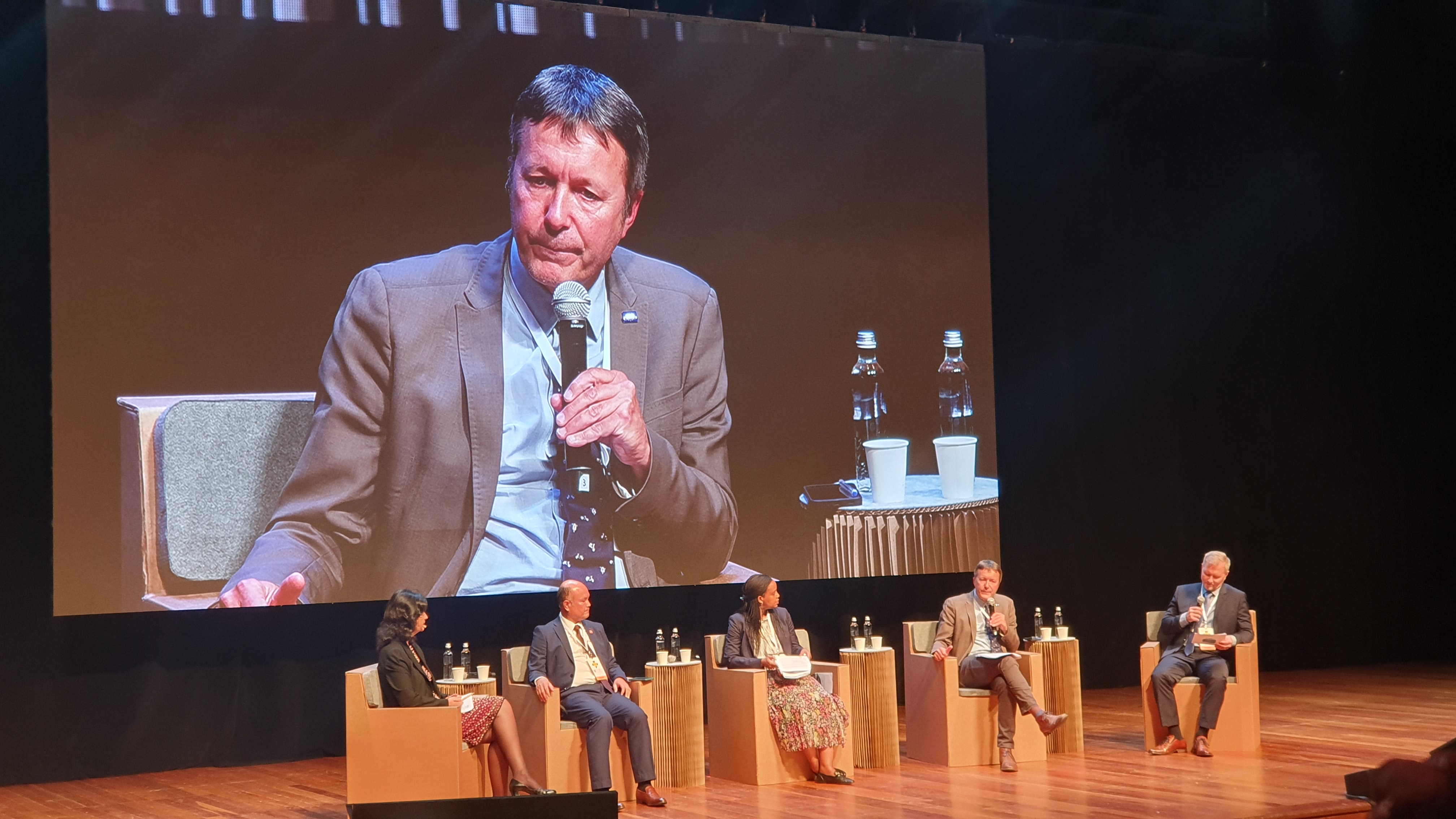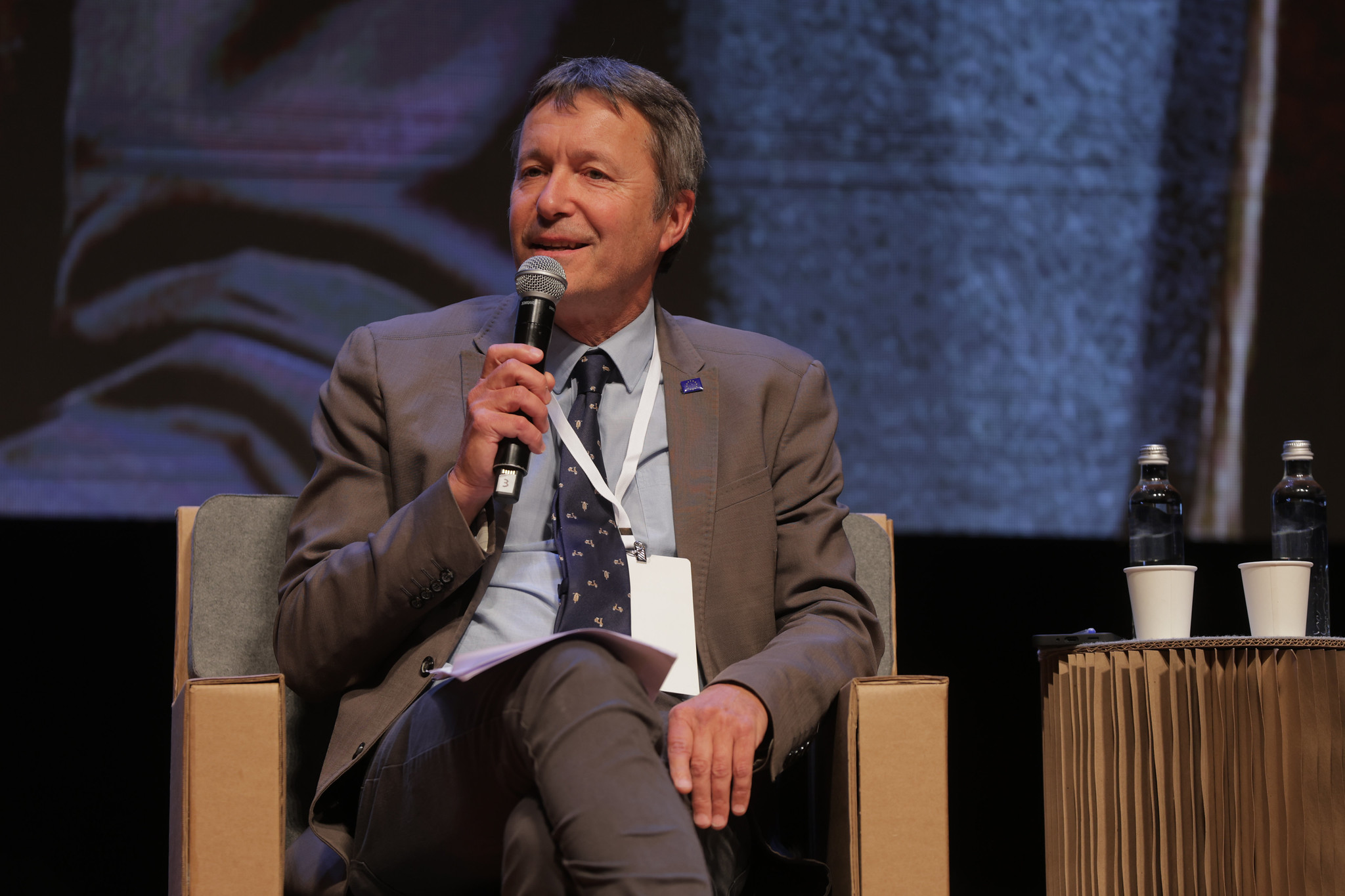World Circular Economy Forum gathers business leaders, policymakers, and scientists in Brazil
Discussion details
The World Circular Economy Forum 2025 drew more than 1,000 experts, including business leaders, policymakers, and scientists, to São Paulo and online. The annual WCEF, an initiative of Finland and the Finnish Innovation Fund (Sitra), is one of the world’s leading events on the circular economy, which aims to make production and consumption more sustainable by extending the life cycle of resources, materials, and goods.

The 2025 edition, taking place from 13-16 May, is hosted in Brazil. Bernard Crabbé from DG International Partnership commended the leadership of Brazil on the global economy, as well as on climate change. In the closing plenary session, he summarised EU efforts to advance the transition. With a focus on competitiveness, the circular economy remains a high priority for the EU. Measures outlined in the second circular economy action plan have been implemented over the past few years, resulting in a comprehensive set of policies and regulations that cover the entire life cycle of products. These measures include, among others, a ban on planned obsolescence and greenwashing, as well as a prohibition on single-use plastics. Additionally, a right to repair has been introduced, allowing consumers to approach producers for repairs instead of purchasing new items. The EU market has also seen the establishment of standards for durability, repairability, and recyclability, along with a growing demand for recycled materials. This regulatory framework provides harmonised standards and requirements for a market of 450 million people.

Bernard Crabbé acknowledged progress but at the same time recognised the need to move faster. The EU consumes 8 billion tonnes of materials every year, with 11.8% of this coming from recycling. This is well above the world average of 0.9%, but it is still very insufficient. To advance the transition, the Commission is working on a new Circular Economy Act, which aims to create a single market for secondary raw materials. He reminded attendees that the circular economy is a positive agenda to tackle the climate crisis and economic development in such an extraordinary political environment.
The EU will continue engaging with partners on the circular economy. The EU Circular Economy Resource Centre, implemented by Sitra and Enable and operational since 2025, is one of the new tools. Two new Global Gateway Initiatives are under development in Mexico and Guatemala. Bernard Crabbé, reiterated that the circular economy is a positive agenda to tackle the climate crisis and economic development in such an extraordinary political environment.
The Forum will continue with a set of Accelerator Sessions that will also highlight EU funded actions.

Log in with your EU Login account to post or comment on the platform.